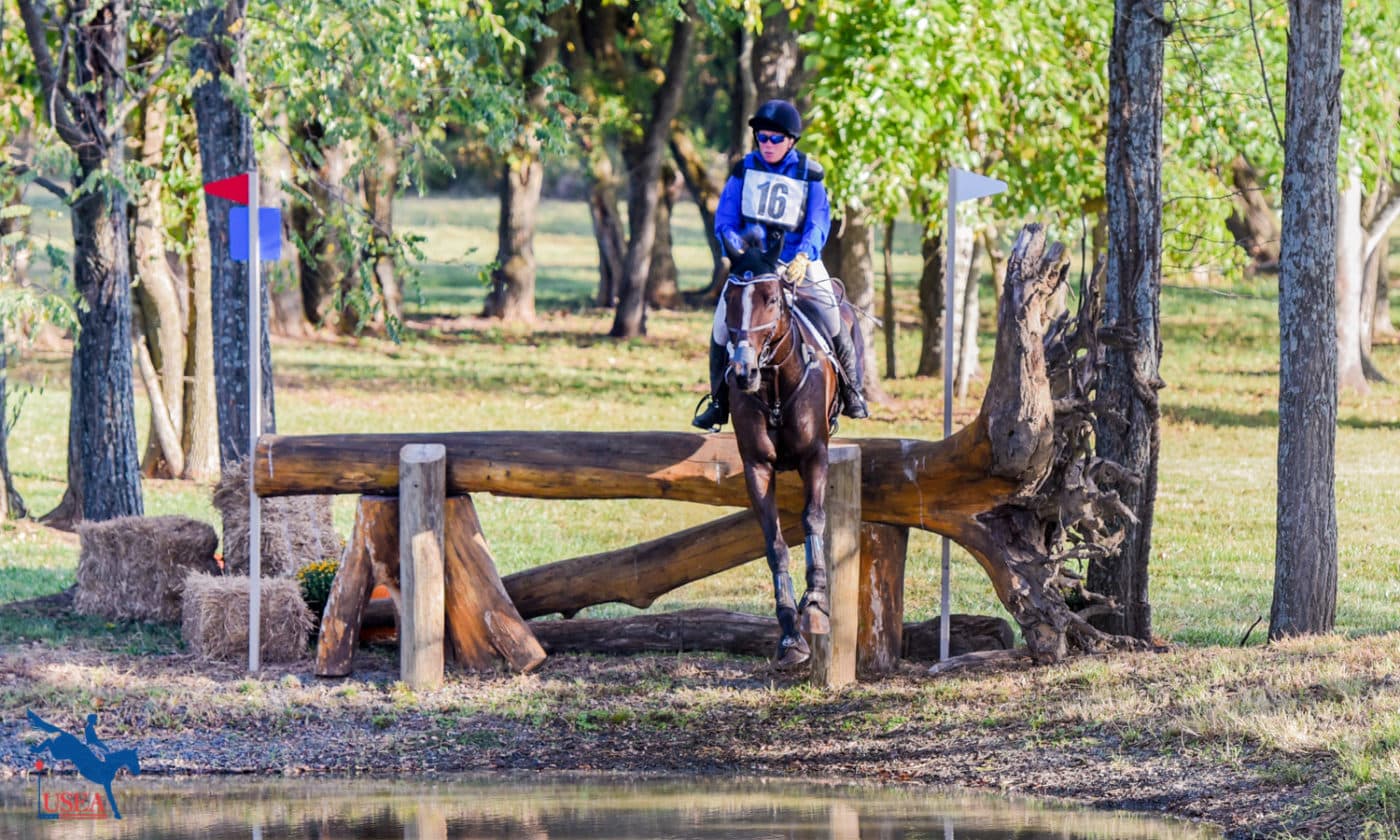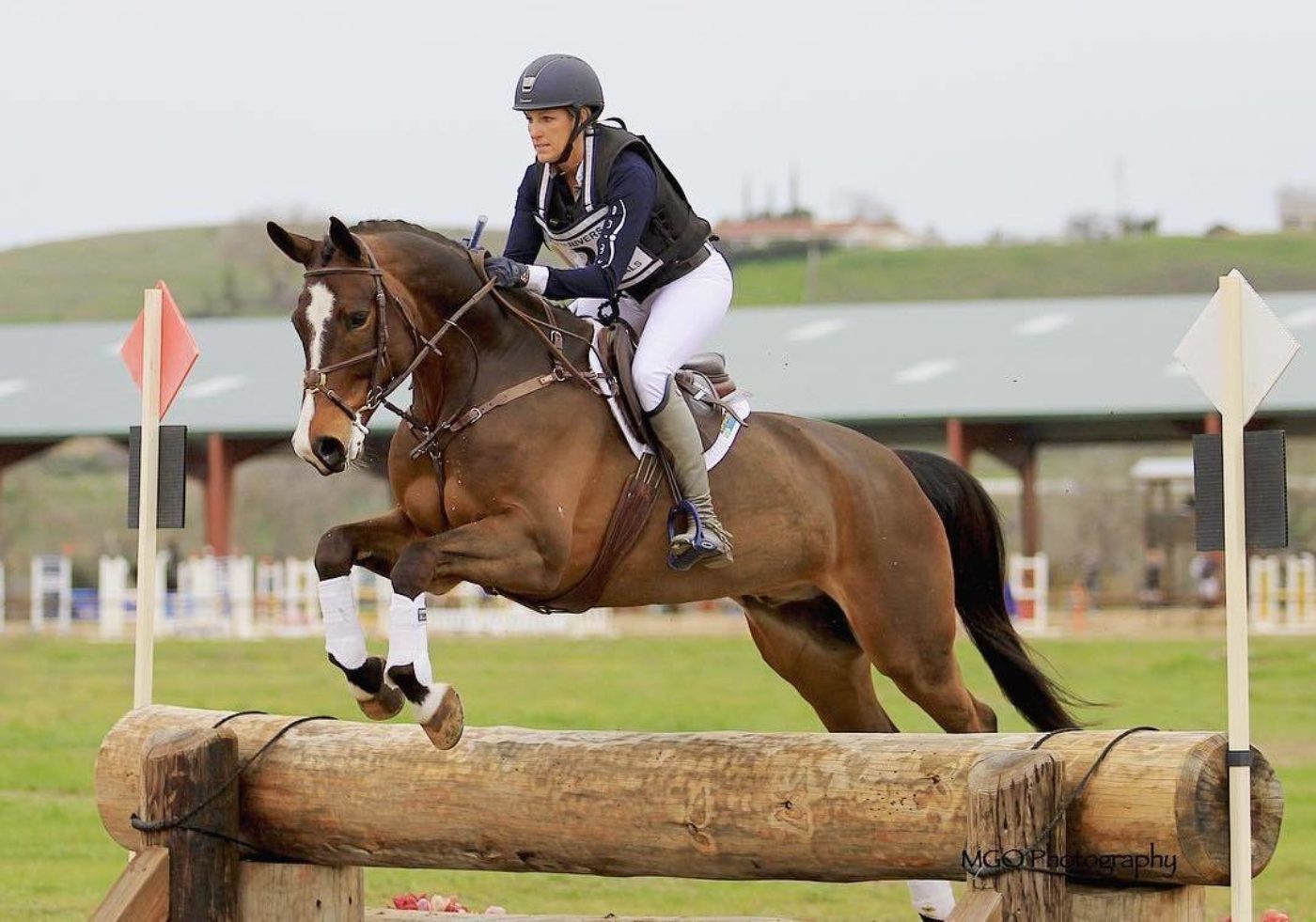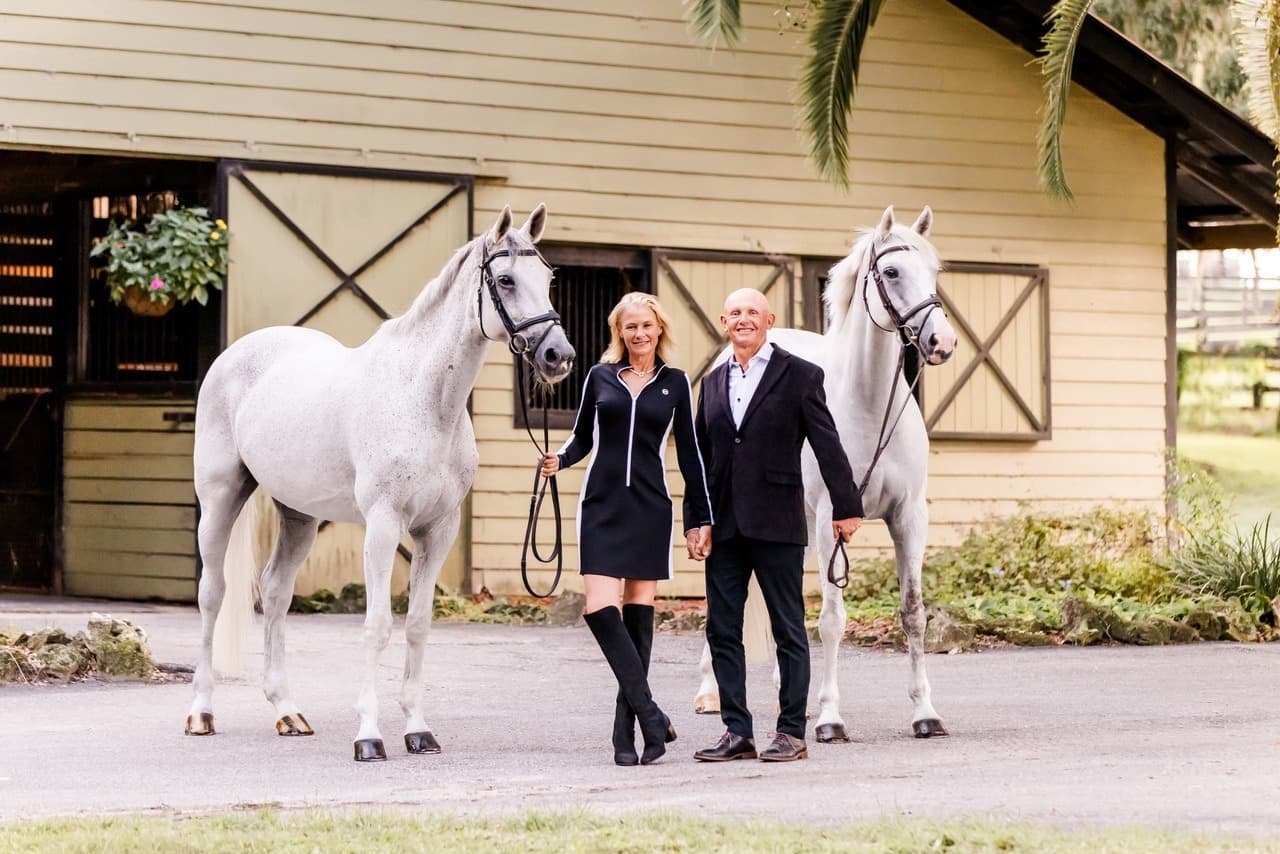Why Professionals Should Compete in a USEA Classic Series Event

The USEA Classic Series offers the long format of three-day eventing at the Beginner Novice through Preliminary level. It’s a fan favorite among adult amateur and junior members who want to experience the thrill of steeplechase but, it can also be beneficial to professionals as well.
These events can be found across the country from the East to West Coast. The East Coast-based five-star professional, Colleen Rutledge, and the West Coast-based five-star professional, Rebecca (Bec) Braitling weigh in on the benefits of competing in a Classic Series event.
Rutledge explained, “as a professional equestrian, the education and positive experiences of my horses are paramount. As I’m always looking at the path to the upper levels, I make it a point to compete in the classic format three-day event whenever I have the possibility. I believe that when my horses compete in it, at any level, they learn very important lessons that are difficult to teach and create in any other competition setting. For my young horses, it helps to begin to get them truly fit and show them the resilience needed to dig down when they are fatigued on endurance day.”

Rutledge continued, “for all my horses, young or mature, this format helps me to learn how I’m going to need to manage them as they grow in experience and fitness as they progress up the levels. It shows me their tendencies - do they get quieter with more work or do they light up? How do they feel on the third day after their hardest day ever? Do they have the ‘try’ to jump a clean show jumping [round] or do they become careless? I like to know if there’s any other special management that can, should, or needs to happen to best support them in competition. These are all questions that I like to know answers to before we show up at our first FEI event or even after we’ve begun our FEI career. For some of my super talented young horses as well, even if they’ve begun their FEI career but still need a bit more maturing, I believe they should run at a Preliminary Classic [Three-Day] to further their education, especially if they aren’t ready for the move up to Intermediate level.”
“As it relates to my students, I love to be able to show them, not just tell them, about how these competitions function. I encourage all of them to volunteer at the Classic [Series] but it also gives them a bit more emotional connection to it without the stress, as it’s me on the line,” said Rutledge.
The West Coast professional, Braitling said, “For me, the long format will always be an integral part of training horses. I spent my entire early career only competing at long format [events], including the last five-star event in the Southern Hemisphere in the classic form. As a professional, I still find huge value in the time spent before and during competition, where the focus is really on the production of a horse for a ‘pinnacle’ competition. This is something that has possibly been lost a little as the sport has evolved into shorter, more frequent competitions over a longer period of time.”

Braitling finished third in the Training Three-Day Event (T3D) at Galway International in 2019 with Galwaybay Merbantos, and the year prior, in 2018, she won the same T3D with Dassett Ricochet. “For professionals, the production of young horses still remains a huge focus, so the use of the Classic Series for those young horses really provides an opportunity to start to formulate a partnership with that horse. I always laugh when I compete at a Classic Series competition now how much time goes into walking the courses, negotiating the roads and tracks, preparing for the vet box, cool out, and jogs, and wonder how we did this for an entire string of horses! It’s a fantastic reminder of the time truly needed with each horse to develop the best performance.”
“I feel the young horses, especially the warmblood types, learn what ‘working hard’ is without it taking away their spirit, you learn a little more about their character in the field, and it's a constant reminder of the need for rider fitness also,” said Braitling.
Interested in competing? Click here for the 2022 USEA Classic Series Calendar.
About the USEA Classic Series
The USEA Classic Series keeps the spirit of the classic long format three-day events alive for Beginner Novice through the Preliminary levels, now including the Modified level too. Competitors can experience the rush of endurance day, including roads and tracks, steeplechase, the vet box, and cross-country, as well as participate in formal veterinary inspections and educational activities with experts on the ins and outs of competing in a long format three-day event. Riders who compete in a USEA Classic Series event during the year will have the chance to win a variety of prizes at the events from USEA sponsors. Click here to learn more about the USEA Classic Series.
The USEA would like to thank Bates Saddles, FITS, SmartPak Equine, Parker Equine Insurance, and Stackhouse & Ellis Saddles for sponsoring the USEA Classic Series.














